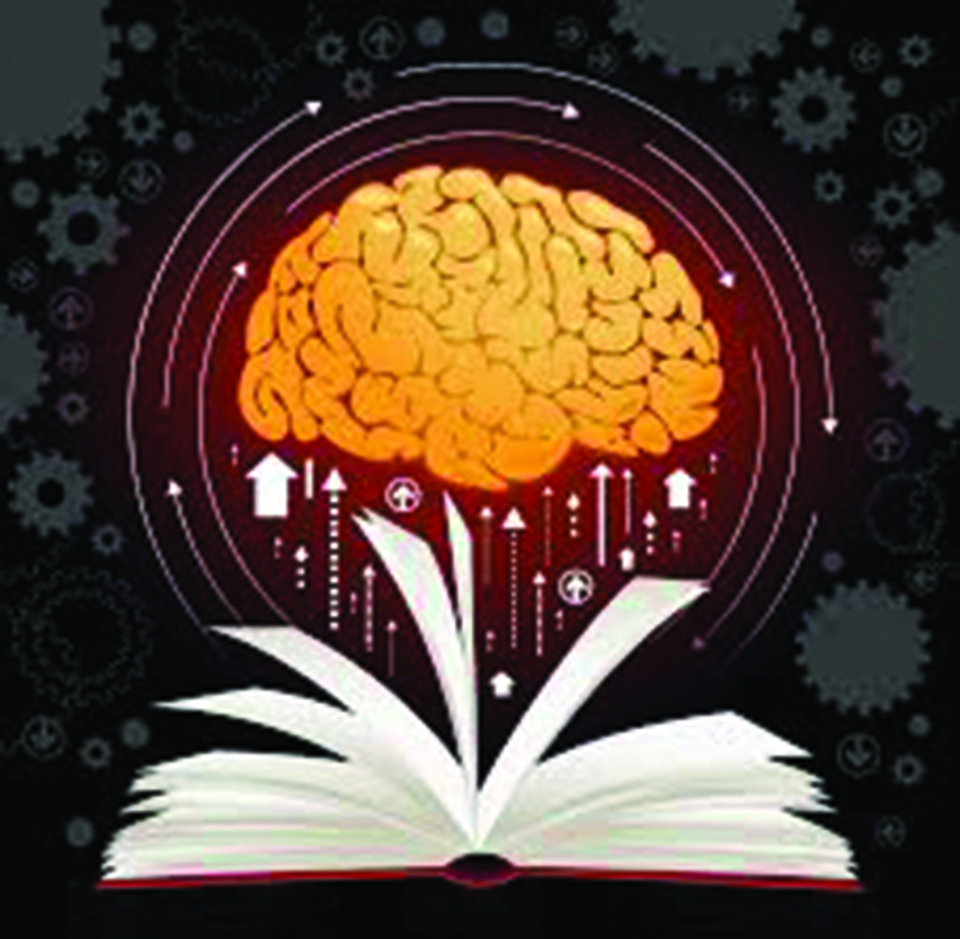Math Is Fun Forum
You are not logged in.
- Topics: Active | Unanswered
Pages: 1
#1 2023-10-08 01:08:35
- Jai Ganesh
- Administrator

- Registered: 2005-06-28
- Posts: 52,740
Knowledge
Knowledge
Knowledge is a form of awareness or familiarity. It is often understood as awareness of facts or as practical skills, and may also mean familiarity with objects or situations. Knowledge of facts, also called propositional knowledge, is often defined as true belief that is distinct from opinion or guesswork by virtue of justification. While there is wide agreement among philosophers that propositional knowledge is a form of true belief, many controversies in philosophy focus on justification. This includes questions like whether justification is needed at all, how to understand it, and whether something else besides it is needed. These controversies intensified due to a series of thought experiments by Edmund Gettier and have provoked various alternative definitions. Some of them deny that justification is necessary and suggest alternative criteria. Others accept that justification is an essential aspect and formulate additional requirements.
Knowledge can be produced in many ways. The most important source of empirical knowledge is perception, which is the usage of the senses. Many theorists also include introspection as a source of knowledge, not of external physical objects, but of one's own mental states. Other sources often discussed include memory, rational intuition, inference, and testimony. According to foundationalism, some of these sources are basic in the sense that they can justify beliefs without depending on other mental states. This claim is rejected by coherentists, who contend that a sufficient degree of coherence among all the mental states of the believer is necessary for knowledge. According to infinitism, an infinite chain of beliefs is needed.
Many aspects of knowledge are investigated, and it plays a role in various disciplines. It is the primary subject of the field of epistemology, which studies what someone knows, how they come to know it, and what it means to know something. The problem of the value of knowledge concerns the question of why knowledge is more valuable than mere true belief. Philosophical skepticism is the thesis that humans lack any form of knowledge or that knowledge is impossible. Formal epistemology studies, among other things, the rules governing how knowledge and related states behave and in what relations they stand to each other. Science tries to acquire knowledge using the scientific method, which is based on repeatable experimentation, observation, and measurement. Many religions hold that humans should seek knowledge and that God or the divine is the source of knowledge.

It appears to me that if one wants to make progress in mathematics, one should study the masters and not the pupils. - Niels Henrik Abel.
Nothing is better than reading and gaining more and more knowledge - Stephen William Hawking.
Offline
#2 2023-10-08 19:38:00
- Jai Ganesh
- Administrator

- Registered: 2005-06-28
- Posts: 52,740
Re: Knowledge
2) There is no consensus on a definition of knowledge. We should note first of all that the term “knowledge” creates an ambiguity. In most theories of the knowledge society, any explicit, sociologically relevant definition of knowledge is absent. As early as 1959, the English economist and organisation analyst Edith Penrose emphasised the growing importance of knowledge in economy, but in addition she admitted that the whole subject of knowledge is so “slippery” that it is impossible to get a firm grasp of it.
Such authors as Davenport and Prusak (1998), Nonaka (1991), Polanyi (1997), and Nickols (2000) have made important contributions to the understanding of knowledge. Knowledge is a fluid mix of framed experience, values, contextual information, and expert insight that provides a framework for evaluating and incorporating new experiences and information. It originates and is applied in the minds of knowers. In organisations, it often becomes embedded not only in documents or repositories but also in organisational routines, processes, practices, and norms.
In business and organizational context knowledge is: Know-how: a mixture of insight, perception, experience, and foresight. A special blend of intellect and intuition that enables someone to “know how” to do something to determine the most appropriate action. Knowledge then is mainly collective experience of employees of an organization.
It appears to me that if one wants to make progress in mathematics, one should study the masters and not the pupils. - Niels Henrik Abel.
Nothing is better than reading and gaining more and more knowledge - Stephen William Hawking.
Offline
#3 2023-10-09 00:12:04
- Jai Ganesh
- Administrator

- Registered: 2005-06-28
- Posts: 52,740
Re: Knowledge
3) There are many definitions and forms of knowledge. It can be described as the body of concepts and factual information (data), including their interrelated structures and patterns, concerning the natural and social environment as well as our understanding of the world, people and society, gained through learning and/or experience. Declarative knowledge points to ‘knowing what’ (e.g. factual knowledge), while procedural knowledge to ‘knowing how’, e.g. knowledge of specific functions and procedures to perform a complex process, task or activity. Other forms of knowledge often considered are tacit and explicit knowledge. The former is knowledge learners possess which influences cognitive processing; however, they may not necessarily express it or be aware of it. The latter is knowledge a learner is conscious of, including tacit knowledge that converts into an explicit form by becoming an ‘object of thought’.
It appears to me that if one wants to make progress in mathematics, one should study the masters and not the pupils. - Niels Henrik Abel.
Nothing is better than reading and gaining more and more knowledge - Stephen William Hawking.
Offline
Pages: 1